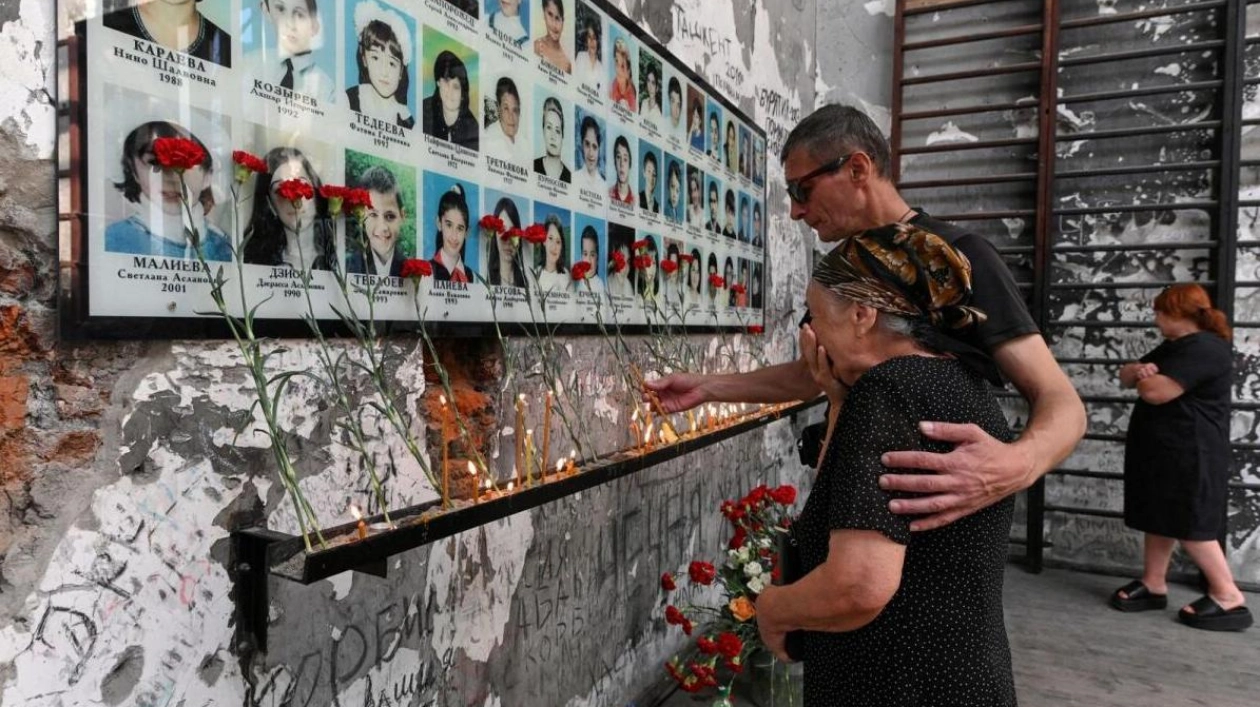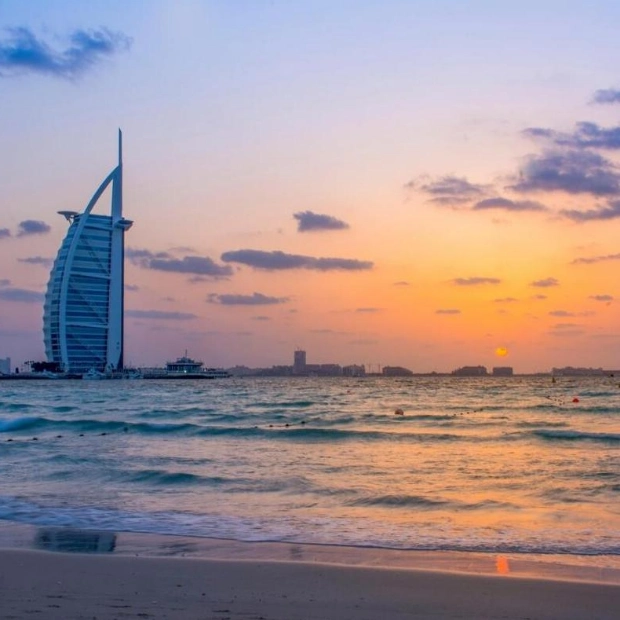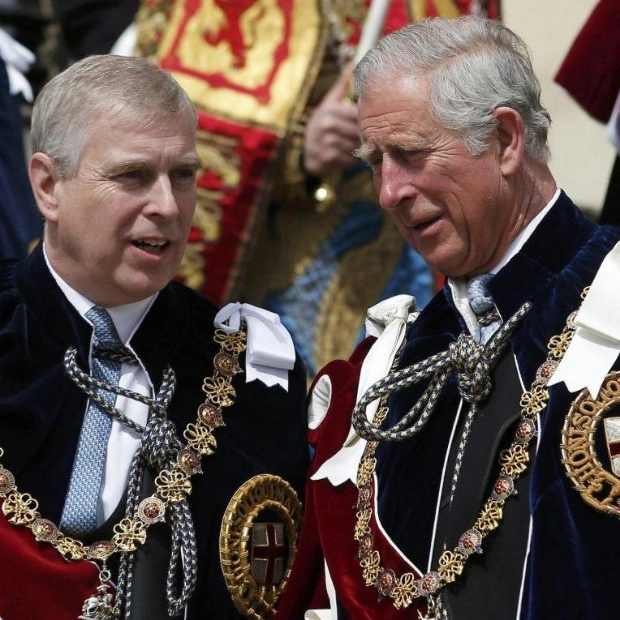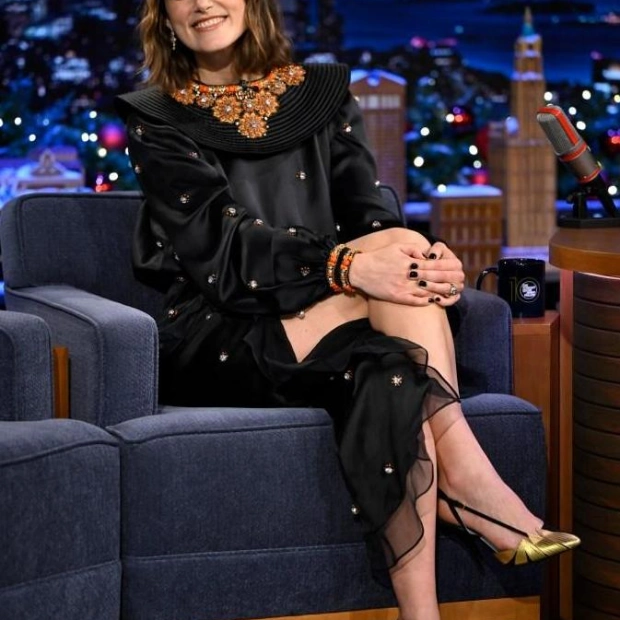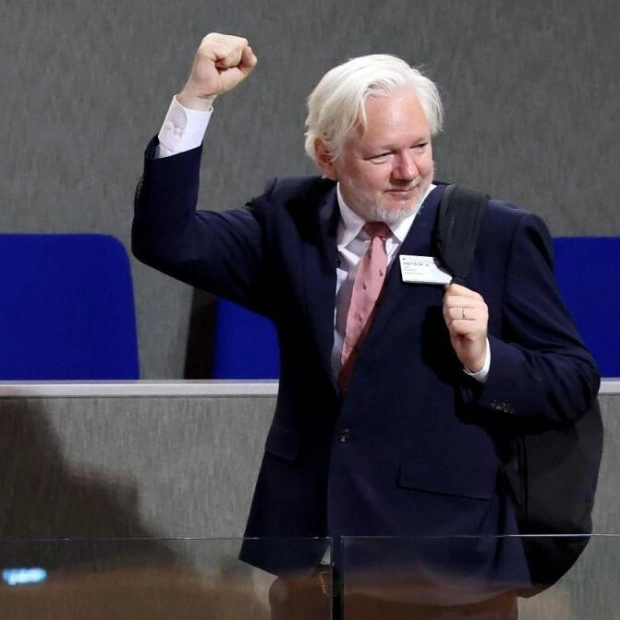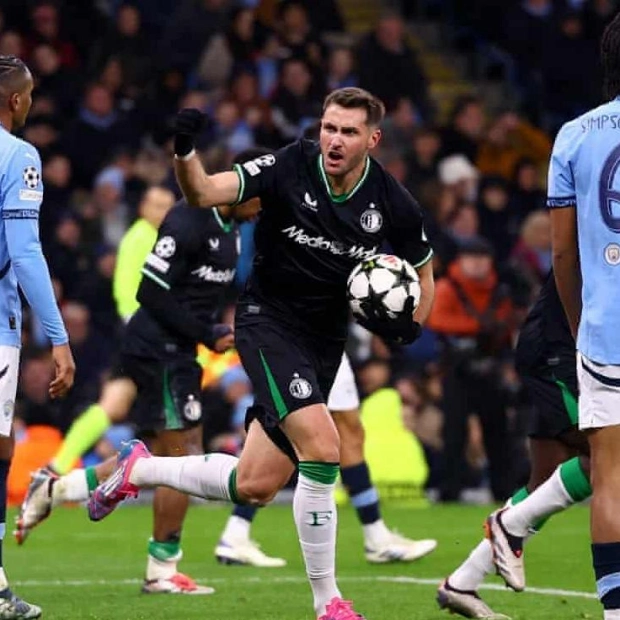On Sunday, Russia commemorates the 20th anniversary of the Beslan school massacre, which remains the deadliest attack in modern Russian history. Over 330 people perished, including more than half who were children, during a hostage siege at School Number One in Beslan. Russian President Vladimir Putin, who was in power at the time, recently visited the site for the first time since the tragedy, drawing parallels between the event and the ongoing Ukrainian military actions in the Kursk region.
The horrific incident unfolded on September 1, 2004, when militants, including Chechens, stormed the school on the first day of the academic year. They confined over 1,100 individuals—students, teachers, and parents—in the gymnasium, where they were held captive for approximately 50 hours. The siege concluded with a devastating outcome: 334 lives were lost, among them 186 children, and over 750 were injured following a tumultuous assault by Russian special forces.
During the memorial service, survivors and former students are scheduled to assemble in the schoolyard, bearing portraits of the deceased, as per the official schedule. Subsequently, a ceremony involving the laying of flowers and candles at the former gymnasium, now a memorial, is planned. The Mothers of Beslan, a group advocating for a thorough investigation into the attack and the government's response, will also host a press conference.
The 2004 siege occurred during an Islamist Chechen separatist insurgency, which Putin had labeled as terrorist activities. His administration initiated a significant military campaign against Chechnya's bid for independence in late 1999. Although the conflict bolstered Putin's popularity initially, by the end of 2019, he acknowledged the Beslan siege as a lifelong personal anguish.
Criticism was leveled at Putin and the Kremlin for their management of the crisis. The European Court of Human Rights in 2017 found substantial shortcomings in Russia's approach, urging Moscow to uncover the truth. Putin's recent remarks at Beslan linked the past tragedy to current challenges, vowing to combat neo-Nazi elements in the Kursk region, just as terrorism was defeated previously.
In addition to his visit to the school, Putin paid respects at the cemetery where most victims are interred, acknowledging the event as a permanent scar on Russia's collective memory. The nation faced another devastating attack earlier this year, when 145 were killed in a Moscow concert hall, with the Islamic State's Central Asian faction claiming responsibility. Russian authorities implicated Ukraine, a claim Kyiv dismissed as unfounded.
